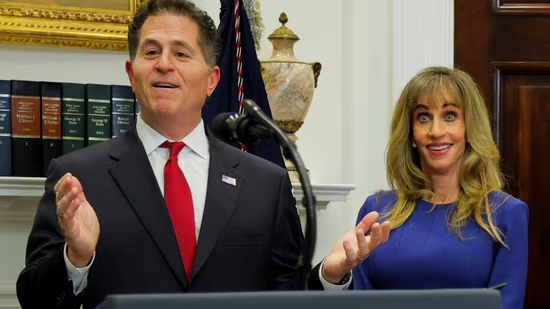U.S. court rules most Trump tariffs as unconstitutional, President fights back
- Alexangel Ventura

- Sep 2, 2025
- 2 min read
On Friday August 29th, a divided but majority-ruled U.S. appellate court ruled most of President Trump's tariffs as unconstitutional, blocking fiscal conservative policies in regard to trade protectionism from continuing to come into fruition and leading to a backlash by the administration.

The ruling came after the administration attempted to appeal an earlier decision in May ruling many of the administration's trade policies as overreaching constitutionally mandated executive power. Trump hoped that an appeal to another ruling would provide the necessary time to continue implementing more tariffs to the point that most trade negotiations would have concluded and possibly weaken the opposing side's argument against him.
But the appeal failed, and the courts ruled the president's invocation of the tariffs through the International Emergency Economic Powers Act (IEEPA) as misused. IEEPA was initially intended to give the president the power to address "unusual and extraordinary" threats during national emergencies. However,
"The statute bestows significant authority on the President to undertake a number of actions in response to a declared national emergency, but none of these actions explicitly include the power to impose tariffs, duties, or the like, or the power to tax," the court argued. "It seems unlikely that Congress intended, in enacting IEEPA, to depart from its past practice and grant the President unlimited authority to impose tariffs."
In April, the President declared a national emergency on the basis of a massive trade imbalance, which the country has persisted on for decades. Then, the president implemented many of his early "Liberation Day" tariffs on Canada, Mexico, and China on the basis of curtailing the illegal fentanyl trade. Thus, Trump has used very questionable means to make his policies seem legal, however these policies have evaded legislative approval and have now been challenged by the courts.
The current tariffs have been allowed to stay in place until October 14th in order to give the administration some time to shift trade policies.
According to Secretary of the Treasury Scott Bessent and former senior Commerce Department official William Reinsch, the administration is now calling for a "Plan B" to keep tariffs in place. "It’s common knowledge the administration has been anticipating this outcome and is preparing a Plan B, presumably to keep the tariffs in place via other statutes," Reinsch stated.
"I'm confident the Supreme Court will uphold it - will uphold the president's authority to use IEEPA. And there are lots of other authorities that can be used - not as efficient, not as powerful," Bessent previously said before the ruling while on a visit to the Washington suburbs. But now, Bessent is calling for a new plan - to call for the same national emergency as before, the fentanyl crisis. "If this is not a national emergency, what is?" Bessent said, referring to the illegal drug trade internationally. "When can you use IEEPA if not for fentanyl?"









